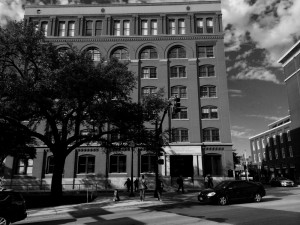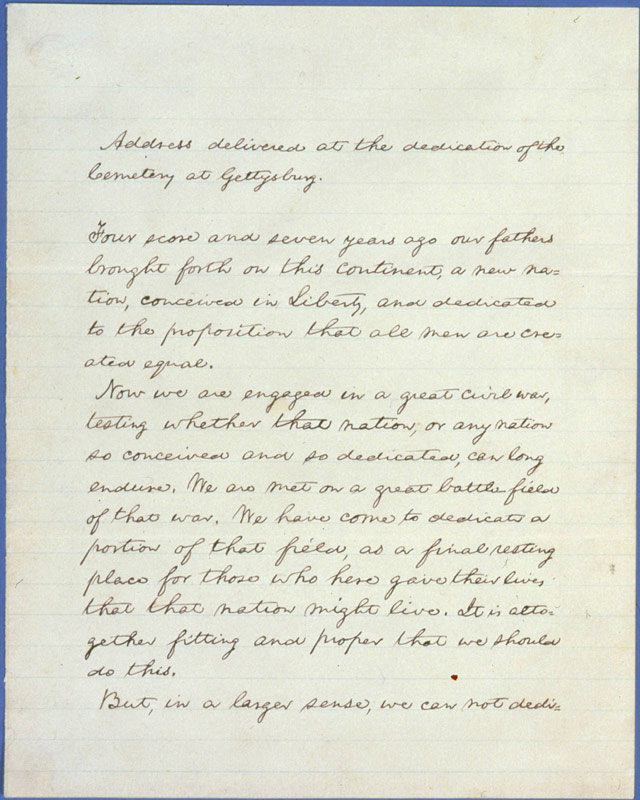There was an interesting conversation this morning on the Today programme between Evan Davis and the chancellor, George Osborne. The peg for the conversation was the government’s announcement that it was going to intervene in the so-called “pay-day loans” market – by capping interest rates, among other things. Davis made the point that the government had already set up a new banking regulator – the Financial Conduct Authority – to oversee the financial services and asked the perfectly reasonable question: why was the government suddenly doing the job that the FCA had been set up to do?
Osborne did not have a satisfactory answer, but I do: it’s a headline-grabbing piece of pseudo-activism aimed at persuading the public that the government is on the job. They’re concerned because Ed Miliband appears to have captured the initiative with his proposal to cap energy prices, and generally to take the cost-of-living crisis (that’s the crisis that ordinary people are experiencing) seriously.
And then I was reminded of something perceptive that Alistair Campbell said last week during his sojourn in Cambridge. He pointed out the way in which, in recent months especially, David Cameron appears on TV on an almost daily basis, expostulating on an issue or problem about which he feels absolutely passionately and about which he is determined (clenched fist, emphatic gesture) to do something. But every day it’s a different issue. Campbell sees this as a symptom of a leader who is now devoid of strategy and so is driven to following the day-to-day vagaries of public opinion and tabloid obsession, like a kitten chasing a moving patch of light.




